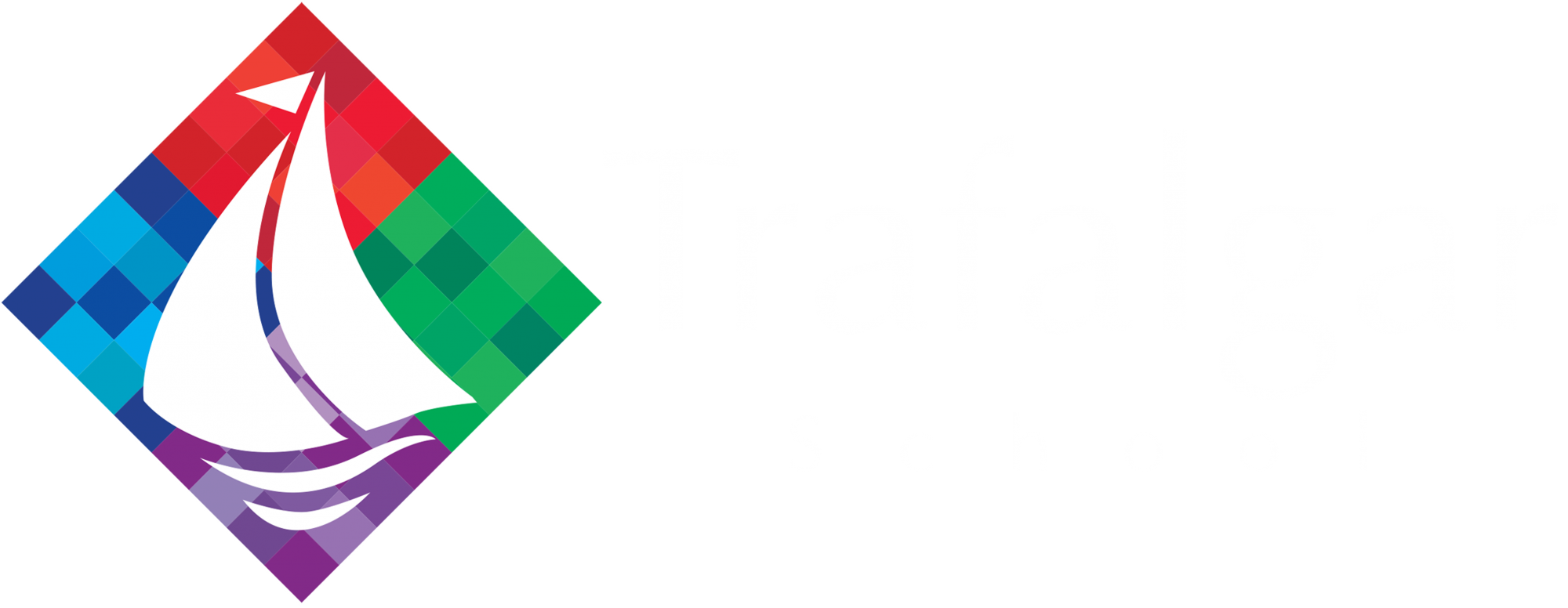Higher Ability Provision
Students who show a high level of flair and aptitude in their work at Trafalgar School are identified as higher attaining. These learners are identified on a yearly basis, based on KS2 progress data.
We constantly challenge our students to make the most of their abilities and promote aspiration. We provide high quality teaching and extensive enrichment opportunities that deepen and broaden understanding.
At Trafalgar School we ensure opportunities are created to boost the attainment, motivation and self-confidence of all students.
We provide this in a number of ways:
- High challenge in lessons
- A wide range of extra-curricular activities
- Enhancing cultural capital through educational visits and trips
- Support with revision and exam preparation
- An extensive careers curriculum
Supporting Your Child At Home - Top Tips
- Encourage your child to take risks and try things that would normally be outside of their familiar experience.
- Always praise when deserved and encourage effort and risk-taking. Never praise for praising’s sake.
- Travel and explore in whatever context you can, whether visiting an exotic location or walking down every road or street in your area beginning with ‘t’!
- Visit local museums. Often the museum will have activities that can be a part of a child’s enriched learning. Show you are interested in visiting; discuss what you like, what you dislike and why you feel as you do.
- Make time to talk with your child, not just about what they have done at school but a more broad conversation about what is happening in the wider world.
- Ask their advice about solving problems. A clever, quick mind tends to think about what is or might be possible, rather than ‘it can’t be done’.
- Create a learning–study environment at home for your child to support them with independent learning.
- Provide good books, magazines, papers, journals, manuals, any reading matter that stimulates interest in the specific interests of your child but also in obscure areas of knowledge.
Reading Lists:
Guides to supporting your child:
Helping your child learn transition
Helping your child learn year 8 and 9
Helping your child learn year 10 and 11
Useful Websites to Support Students:
GIFT is a company providing extension workshops across subjects
www.giftltd.co.uk
The National Association for Gifted Children
http://www.potentialplusuk.org/
The National Association for Able Children in Education
www.nace.co.uk
English
Humanities
Music
Classic FM & BBC Radio 3
Science
The Royal Institution for summer programmes
Dance
Business Studies
Times 100 case studies
Mathematics
nrich.maths.org.uk (and ASKNRICH)
www.pass.maths.org (plus online maths magazine)
www.m-a.org.uk/ (The Mathematical Association)
motivate.maths.org/ (Maths video conferences for schools)
Technology
www.technologystudent.com (See also their website links)

